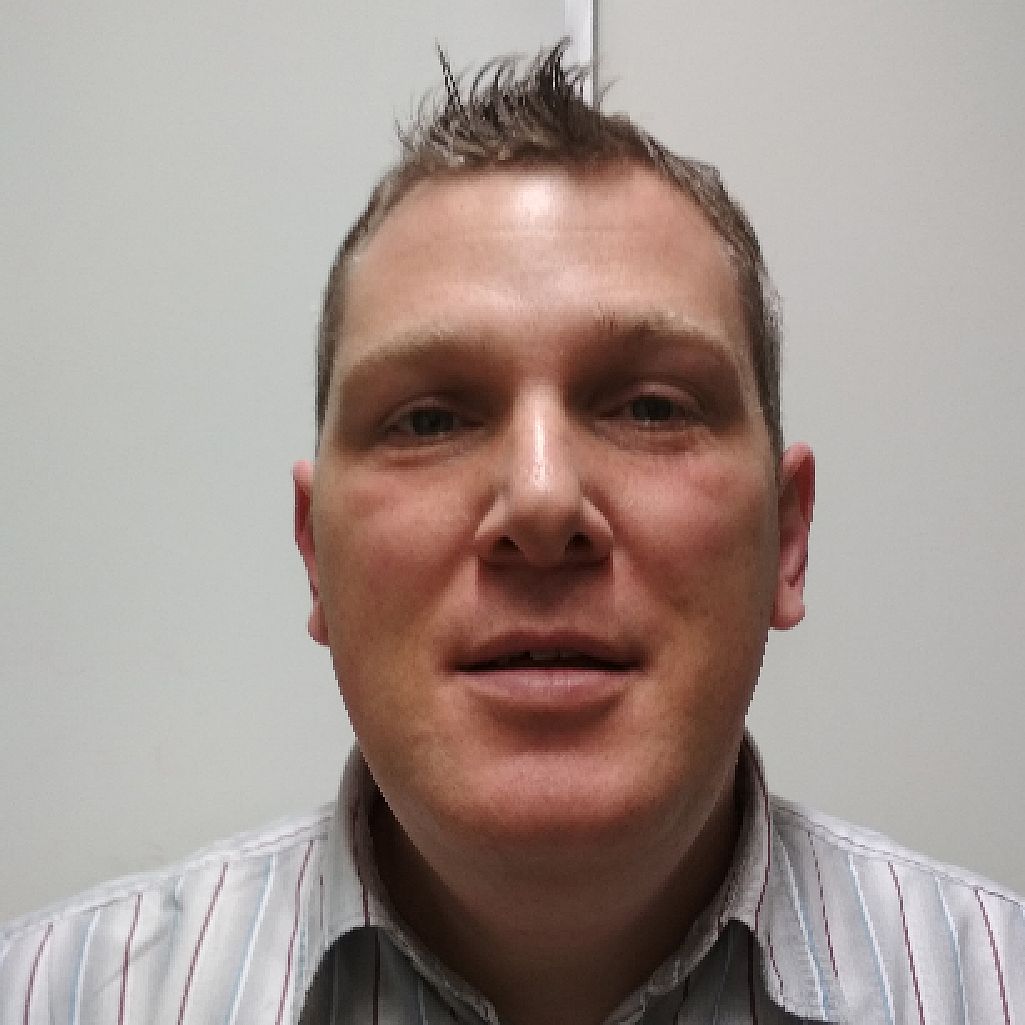EduEye: Workshop on Eye Tracking in Learning and Education (2025 @ ETRA)
*** EduEye 2025 will take place as part of ETRA 2025 in Tokyo ***
Workshop Description
In today’s rapidly evolving educational landscape, where digital platforms and remote teaching are increasingly common, eye-tracking technology is emerging as a powerful and versatile tool. This workshop explores the exciting potential of eye tracking in education, highlighting its dual role as both an active input method in interactive learning environments and a passive sensor for understanding cognitive processes.
As a passive sensor, eye tracking provides valuable insights into learners’ cognitive, emotional, and attentional states. By uncovering individual learning patterns, strategies, and challenges, it enables educators to personalize teaching methods and materials for better outcomes. When used actively, eye tracking fosters collaborative learning by enhancing communication between students and educators through shared gaze interactions, ultimately improving comprehension and problem-solving.
Despite its promise, integrating eye tracking into education brings its own set of challenges. Questions about technical feasibility, methodology, and ethical responsibility must be addressed, especially when applying this technology in real-world classrooms and diverse learning contexts. This workshop will tackle these issues head-on, with a particular focus on the ethical use of gaze data, including how to responsibly manage and interpret sensitive information, especially when working with minors.
We invite researchers, practitioners, and enthusiasts from fields such as eye tracking, human-computer interaction, psychology, and education to join this engaging discussion. Together, we’ll share innovative ideas, research findings, and practical solutions to unlock the full potential of eye tracking in education, while thoughtfully navigating its challenges. Let’s explore how this technology can help create more intuitive, effective, and inclusive learning environments for everyone.
Topics of Interest
- Cognitive, affective, and attentional insights through eye tracking in diverse learning environments.
- Enhancing teacher-student and peer interactions in digital learning spaces.
- Eye tracking in AR, VR, and AI-enhanced educational settings.
- The role of eye tracking in adaptive and accessible learning technologies.
- Privacy and ethical considerations in the application of eye tracking in education.
- Collaborative learning in remote and hybrid models enhanced by eye tracking.
- Development and implementation of eye tracking devices for educational purposes.
- Crowd-sourced and large-scale eye tracking studies in educational research.
- Eye tracking for understanding reading and learning strategies in digital contexts.
- Instructional design and multimedia learning integration with eye tracking.
- Exploring gaze behavior and expertise in specialized fields like medicine through eye tracking
Call for Papers
The workshop targets researchers and practitioners who are interested in the application of eye tracking in education and learning. We take a broad perspective on this topic and welcome submissions from the fields of human-computer interaction, cognitive psychology, computer science, eye tracking, and the learning sciences. We offer two types of submissions:
| Extended Abstract | Workshop Paper | |
| Submission length | up to 4 pages (excluding references) | 4 to 8 pages (excluding references) |
| Format | single column, ACM master article template submissions should not be anonymized | single column, ACM master article template submissions have to be anonymized |
| Selection process | juried by the workshop organizers | reviewed by 2-3 program committee members |
| Publication | will not be published but can made available on the EduEye website, if the authors want to | will be published in the ETRA '24 Workshop Proceedings |
| Submission | through PCS (choose Society: ETRA, Conference/Journal: ETRA 2025, Track: ETRA 2025 Workshop - Eye Tracking in Learning and Education) | through PCS (choose Society: ETRA, Conference/Journal: ETRA 2025, Track: ETRA 2025 Workshop - Eye Tracking in Learning and Education) |
| What should be submitted? | - work in progress, initial study results, summary of previous studies, position paper, argument - Note, an extended abstract does not have to present original research | - work in progress, initial study results, summary of previous studies, position paper, argument - Note, a workshop paper does not have to present original research
|
| Who should submit? | Extended abstracts are mainly targeted towards researchers who want to participate in the workshop but are not interested in having their paper published in the Workshop Proceedings. | Workshop papers are mainly targeted towards researchers who are interested in participating in the workshop and would like to have their paper published as part of the Workshop Proceedings. |
| Camera-ready version | through PCS, please use the ACM Master Article Template (one-column) for the final submission | through TAPS |
Participants
We welcome participants from the fields of human-computer interaction, cognitive psychology, computer science, eye tracking, and learning sciences.
Important Dates
| Submission until | March 1, 2025 |
| Notification | March 13, 2025 |
| Camera ready deadline | March 27, 2025 |
| Workshop | May 25-29 2025 (exact day tbd) |
All dates are Anywhere on Earth time unless specified otherwise.
Organizers

is an Associate Professor at the University of Applied Sciences in Chur, Switzerland. His main research interests are in information visualization, visual analytics, data science, and eye tracking. He organized and co-chaired the workshops on eye tracking and visualization (ETVIS) in the past four editions and is now in the steering committee of ETVIS. Moreover, he was paper co-chair of VisSoft 2019, VINCI 2019, 2021 as well as general chair of VINCI 2020 and 2022.

is a postdoctoral cognitive psychologist at Ulm University in the project ``Gaze-assisted scalable interaction paradigms for pervasive classrooms''. His research interests are in human perception and visual attention in applied contexts outside the classical lab. He has already organized the Conference for Experimental Psychologists '21 (TeaP '21), EduEye 2022 and webinars on online experiments.

is a postdoctoral researcher at the Hector Research Institute of Education Sciences and Psychology in Tübingen. His research is situated at the intersection of computer science and educational science, with a methodological focus on eye tracking and physiological sensors.

is an academic researcher at the Cooperative State University Baden-Wuerttemberg in Heilbronn and also lectures at the University of Munich and Fresenius University, Cologne. With over 30 years of experience in Eye-Tracking research he focuses on Shopper Research, UX Design and Educational Research. His current project Eyedea is about using Eye-Tracking in the classroom to quantify attention.
